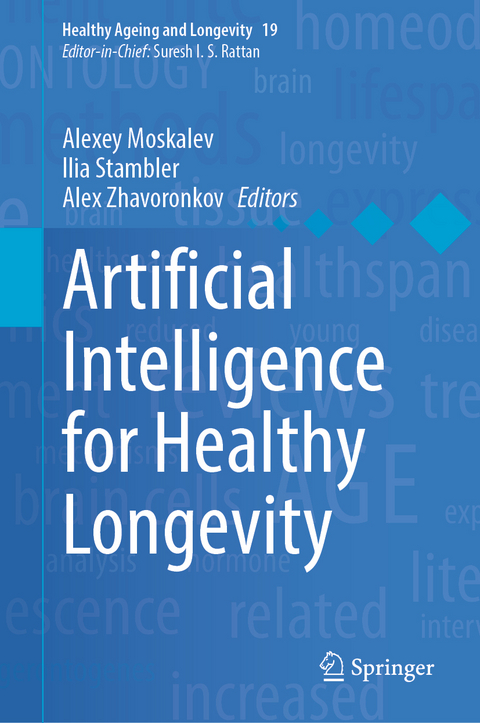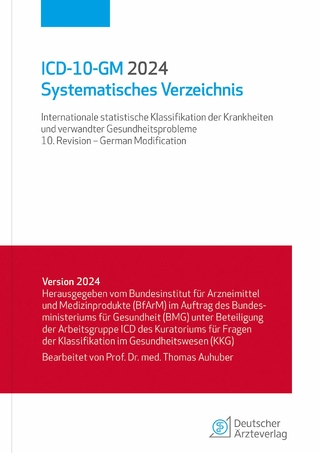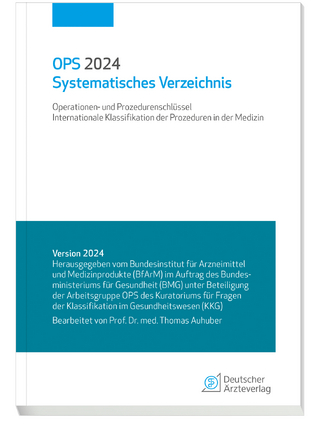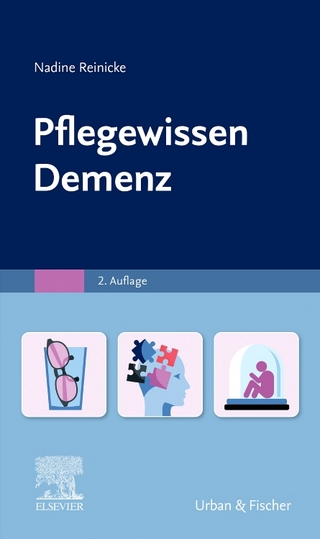
Artificial Intelligence for Healthy Longevity
Springer International Publishing (Verlag)
978-3-031-35175-4 (ISBN)
This book reviews the state-of-the-art efforts to apply machine learning and AI methods for healthy aging and longevity research, diagnosis, and therapy development. The book examines the methods of machine learning and their application in the analysis of big medical data, medical images, the creation of algorithms for assessing biological age, and effectiveness of geroprotective medications.
The promises and challenges of using AI to help achieve healthy longevity for the population are manifold. This volume, written by world-leading experts working at the intersection of AI and aging, provides a unique synergy of these two highly prominent fields and aims to create a balanced and comprehensive overview of the application methodology that can help achieve healthy longevity for the population.
The book is accessible and valuable for specialists in AI and longevity research, as well as a wide readership, including gerontologists, geriatricians, medical specialists, and students from diverse fields, basic scientists, public and private research entities, and policy makers interested in potential intervention in degenerative aging processes using advanced computational tools.
lt;p>Alexey Moskalev, PhD, is a Corresponding Member of the Russian Academy of Sciences, Doctor of Biology, the Head of the Laboratory of Geroprotective and Radioprotective Technologies, Institute of Biology of Federal Research Center 'Komi Scientific Centre' of the Ural Branch of the Russian Academy of Sciences and the Head of the Department of Ecology, Syktyvkar State University. He has authored more than 100 publications in the fields of genetics of aging, longevity and radiation genetics. His research has revealed the geroprotective and synergistic effects of different inhibitors of PI3K, TOR, NF-kB, as well as identified the geroprotective effects of fucoxanthin and ibuprofen. He has contributed to the work that uncovered the mechanisms of exceptional longevity of Myotis brandtii bats and grey whale mammalian species. Having been actively involved in the Digital Ageing Atlas, Geroprotectors and DrugAge international collaborations, his research has helped build the datasets on biomarkers of aging and anti-aging drugs. He is the recipient of the 2021 Russian Research Excellence Award in Life Sciences.
Ilia Stambler, PhD, is the Chairman and Chief Science Officer of "Vetek" (Seniority) Association - the Movement for Longevity and Quality of Life, Israel, and a researcher at the Department of Science, Technology and Society, Bar Ilan University, Israel. His research has focused on the historical and social implications of aging and life extension research and mathematical modeling of aging and aging-related diseases. He is actively involved in advocacy for aging and longevity research, serving as an executive committee member of the International Society on Aging and Disease and International Longevity Alliance, trustee and director of the Biogerontology Research Foundation, fellow and policy director at the Global Healthspan Policy Institute. He has published over 60 academic journal articles and book chapters and has authored two books on aging and longevity. He was an active player in the campaign for the inclusion of aging into the 2017 WHO work program, and for establishing the section on "research, development and education for healthy longevity" in the Israel National Masterplan on Aging in 2019.
Alex Zhavoronkov, PhD, is the founder and CEO of Insilico Medicine (insilico.com), a leading clinical-stage biotechnology company developing next-generation generative artificial intelligence and robotics platforms for drug discovery. He is also the founder and Chief Longevity Officer (CLO, an unpaid advisory position) of Deep Longevity, Inc, a spin-off of Insilico Medicine, developing a broad range of artificial intelligence-based biomarkers of aging and longevity servicing healthcare providers and the life insurance industry. In 2020 Deep Longevity was acquired by Endurance Longevity (HK: 0575).
Since 2014 he has invented critical technologies in the field of generative artificial intelligence and reinforcement learning (RL) for the generation of novel molecular structures with the desired properties and generation of synthetic biological and patient data. He also pioneered the applications of deep learning technologies for the prediction of human biological age using multiple data types, transfer learning from aging into disease, target identification, and signaling pathway modeling. Under his leadership, Insilico raised over $400 million in multiple rounds from expert investors, opened R&D centers in six countries or regions, partnered with multiple pharmaceutical, biotechnology, and academic institutions, nominated 11 preclinical candidates, and entered human clinical trials with AI-discovered novel target and AI-designed novel molecule.
AI in longevity.- Automated reporting of medical diagnostic imaging for early disease and aging biomarkers detection.- Risk forecasting tools based on the collected information for two types of occupational diseases.- Obtaining longevity footprints in DNA methylation data using different machine learning approaches.- The role of assistive technology in regulating the behavioural and psychological symptoms of dementia.- Epidemiology, genetics and epigenetics of Biological Aging: one or more aging systems?.- Temporal relation prediction from Electronic Health Records using Graph Neural Networks and Transformers Embeddings.- In silico screening of life-extending drugs using machine learning and omics data.- An overview of kernel methods for identifying genetic association with health-related traits.- Artificial Intelligence approaches for skin anti-aging and skin resilience research.- AI in genomics and epigenomics.- The utility of information theory based methods in the research of agingand longevity.- AI for Longevity: getting past the Mechanical Turk model will take Good Data.- Leveraging algorithmic and human networks to cure human aging: Holistic understanding of Longevity via Generative Cooperative Networks, Hybrid Bayesian/Neural/Logical AI and Tokenomics-Mediated Crowdsourcing.
| Erscheinungsdatum | 09.07.2023 |
|---|---|
| Reihe/Serie | Healthy Ageing and Longevity |
| Zusatzinfo | XIV, 321 p. 43 illus., 25 illus. in color. |
| Verlagsort | Cham |
| Sprache | englisch |
| Maße | 155 x 235 mm |
| Gewicht | 661 g |
| Themenwelt | Informatik ► Weitere Themen ► Bioinformatik |
| Naturwissenschaften ► Biologie | |
| Schlagworte | aging • Artificial Intelligence • Health Modelling • Longevity • Neural networks |
| ISBN-10 | 3-031-35175-4 / 3031351754 |
| ISBN-13 | 978-3-031-35175-4 / 9783031351754 |
| Zustand | Neuware |
| Haben Sie eine Frage zum Produkt? |
aus dem Bereich


